The opinions expressed in this article are those of the author and do not represent in any way the editorial position of Euronews.
With the peace-oriented forces now victorious in the US, it is up to Western European leaders to take action for peace. At any rate, the Hungarian presidency will continue working toward this goal. Let’s make Europe competitive again, Balázs Orbán writes.
Read the opinion article on the Hungarian presidency by MEP Daniel Freund (Greens/EFA) here.
Events surrounding Hungary's rotating EU presidency have begun to accelerate.
European leaders met in Budapest, first within the broader organisational framework of the European Political Community, and then, on the following day, at an informal European Council meeting, where Europe’s national leaders adopted the so-called "Budapest Declaration", mandating competitiveness measures for the Commission.
Given all this, the Hungarian presidency can already be termed a success: a shift has taken place in Europe regarding both the war and the need to move towards greater competitiveness.
On 7–8 November, Budapest became the epicentre of European politics with the European Political Community Summit and an informal European Council meeting.
Collectively, these amounted to the largest event in Hungarian diplomatic history, with Hungary’s capital simultaneously hosting the summit on European security policy and the gathering of the most senior leaders of the European Union.
It is rare for a European state to simultaneously host EU institutional and national leaders, as well as the Secretary Generals of NATO and the Council of Europe, and representatives of the OSCE. The summit’s success also visibly refuted the assertion that Budapest is in some form of diplomatic isolation.
A new world after the US presidential election
The timing of the Budapest summits is also noteworthy, coming as it did directly after the US presidential election, which brought victory for Donald Trump and the Republicans. In light of this result, it is safe to say that the world, including Europe, can expect significant changes that also present new opportunities.
The new US leadership will likely embrace an “America First” approach, which may provide a clear model and inspire European leaders to adopt a “Europe First” policy instead of the decision-makers in Brussels serving the interests of foreign nations and NGOs.
“America First” also creates a new security situation for Europe. Summit participants agreed that peace in Europe should come as soon as possible and that Europe must take greater responsibility for its future peace and security.
We cannot continue to rely solely on the Americans for the defence of Europe. Consequently, Europe must play a significant role in the upcoming peace talks, as these will shape our future.
Europe’s lagging competitiveness Is becoming ever more apparent
There was also a consensus that Europe is in serious trouble regarding competitiveness. In research and development, productivity, demographic indicators, and self-defence capabilities, we are falling further and further behind both the US and China.
There have been numerous signs of this over recent years, and some, including the Hungarian government, have repeatedly expressed concerns. History shows, however, that there is a price to pay for inaction, and the consequences of complacency have caught up with us.
Decades of chronic negative trends swiftly escalated into an acute crisis due to the COVID-19 pandemic and were further exacerbated by the outbreak of the war in Ukraine.
The seriousness of the situation was acknowledged by the European Commission, which recently published Mario Draghi’s grim report.
From this document, we learned what we could already see from our own eyes: Europe is shrinking and retreating on almost all fronts.
Over the past twenty years, the EU’s economic growth has consistently lagged behind that of China and the US. The EU’s share of the global technology market is only 18%, compared to 38% for the US.
Meanwhile, an average European company pays 3-4.5 times more for energy, further eroding the competitiveness of the continent’s businesses.
We need a new approach and real decisions
Creating and maintaining competitiveness is not typically the sort of thing that can be forced solely through administrative or bureaucratic measures. This has been proven over the past decade, as we saw numerous action plans and strategies devised by Brussels, none of which managed to advance Europe’s competitiveness.
The Hungarian EU presidency seeks to base the proposed competitiveness pact on an agreement between real decision-makers. Real political will arises from the decisions of sovereign European nations.
As Prime Minister Viktor Orbán emphasised, we aim to persuade our European partners not to fear either healthy competition or openness to technological cooperation. The Budapest Declaration issued at the informal European Council meeting was part of this goal.
Within this declaration, member states identified essential directions, such as improving the functioning of the Single Internal Market in order to strengthen European competitiveness and further steps toward a single savings and capital market.
The latter would be crucial for ensuring that innovative companies and SMEs have access to adequate resources. Funding is vital for research and development, as low levels of private investment are one of the biggest problems EU businesses face in this regard.
According to the EC report, the EU is still far from the goal of member states dedicating 3% of GDP to research and development—a shortfall largely due to the low level of private sector investment.
Equally important is establishing an industrial policy that advances the green transition and supports clean energy growth without overburdening businesses and risking their competitiveness.
One of the most critical tools for improving competitiveness is the drastic reduction of bureaucratic burdens, especially for the SME sector. The European Commission should make it a key aim to develop a concrete proposal for reducing reporting requirements by at least 25%.
Economic competitiveness and strategic autonomy also hinge on strengthening European defence capacities. For this, the European defence sector must be at the global forefront in terms of technology and production capacities. Both private and public resources must be mobilised for this purpose.
In line with Hungary’s connectivity strategy, the European Declaration also emphasises the importance of an open and sustainable trade policy. Economic security relies on openness and adaptability to changes in the global environment.
The Hungarian Way: Realism over ideology
The Budapest Declaration showed that the Hungarian presidency has succeeded in shifting European leaders’ attention from ideological debates to practical issues that genuinely impact people. Contrary to widely held opinions, Hungary has been shown to be a solution rather than a problem for Europe.
Moreover, the events of recent days provide important lessons for the future. It has been shown what a rotating presidency committed to a cause looks like. The Hungarian presidency’s self-chosen motto is: “Make Europe Great Again”.
The motto became so popular that the Hungarian presidency is increasingly being referred to as the MEGA presidency. It has demonstrated that the road to mega-success lies through mega-effort.
However, the Hungarian presidency is not over yet. A devastating war is still raging in Europe’s immediate neighbourhood, bringing immeasurable human suffering to the continent and dimming Europe’s competitiveness prospects.
With Donald Trump’s election, Western perceptions of the war are also shifting. Many Central European states, including Hungary, have pursued a peace-oriented policy from the start.
With the peace-oriented forces now victorious in the US, it is up to Western European leaders to take action for peace. At any rate, the Hungarian presidency will continue working toward this goal. Let’s make Europe competitive again.
Balázs Orbán is a member of the Hungarian parliament and political director for Prime Minister Viktor Orbán.

 1 month ago
15
1 month ago
15

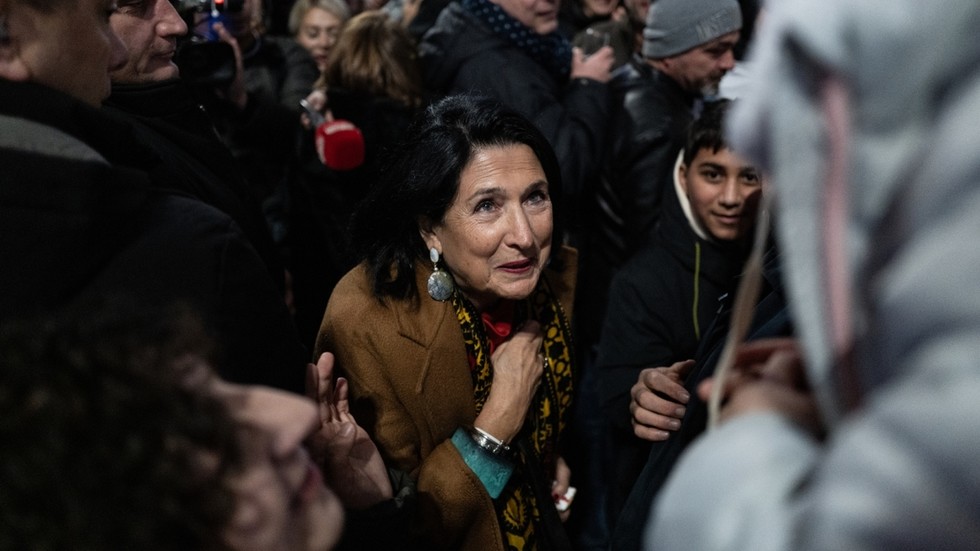
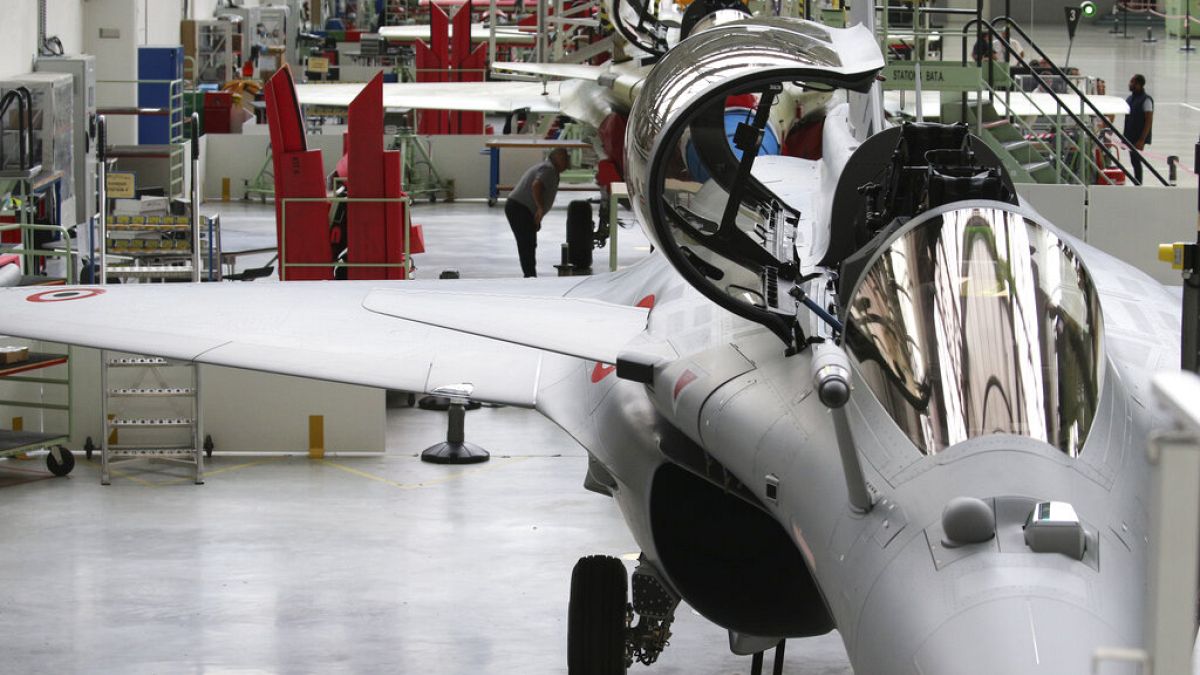
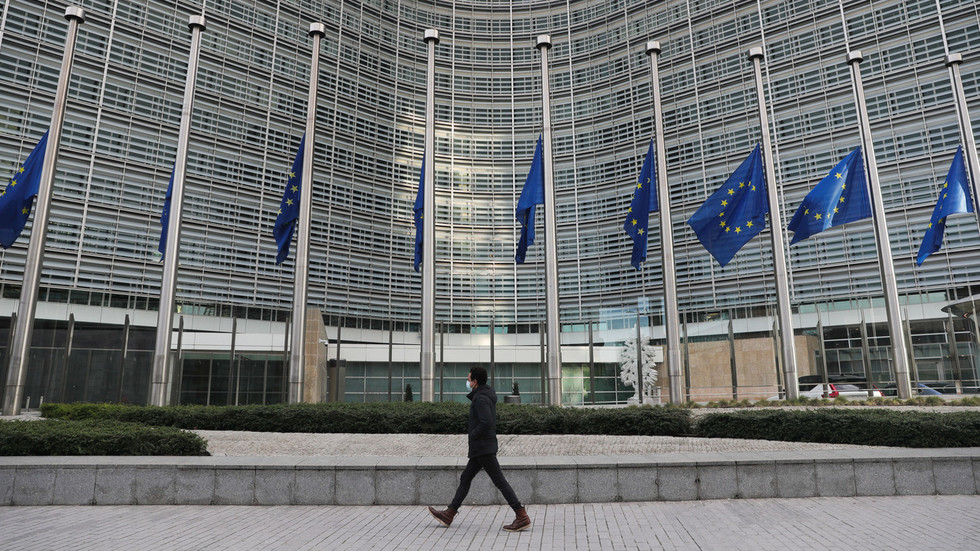
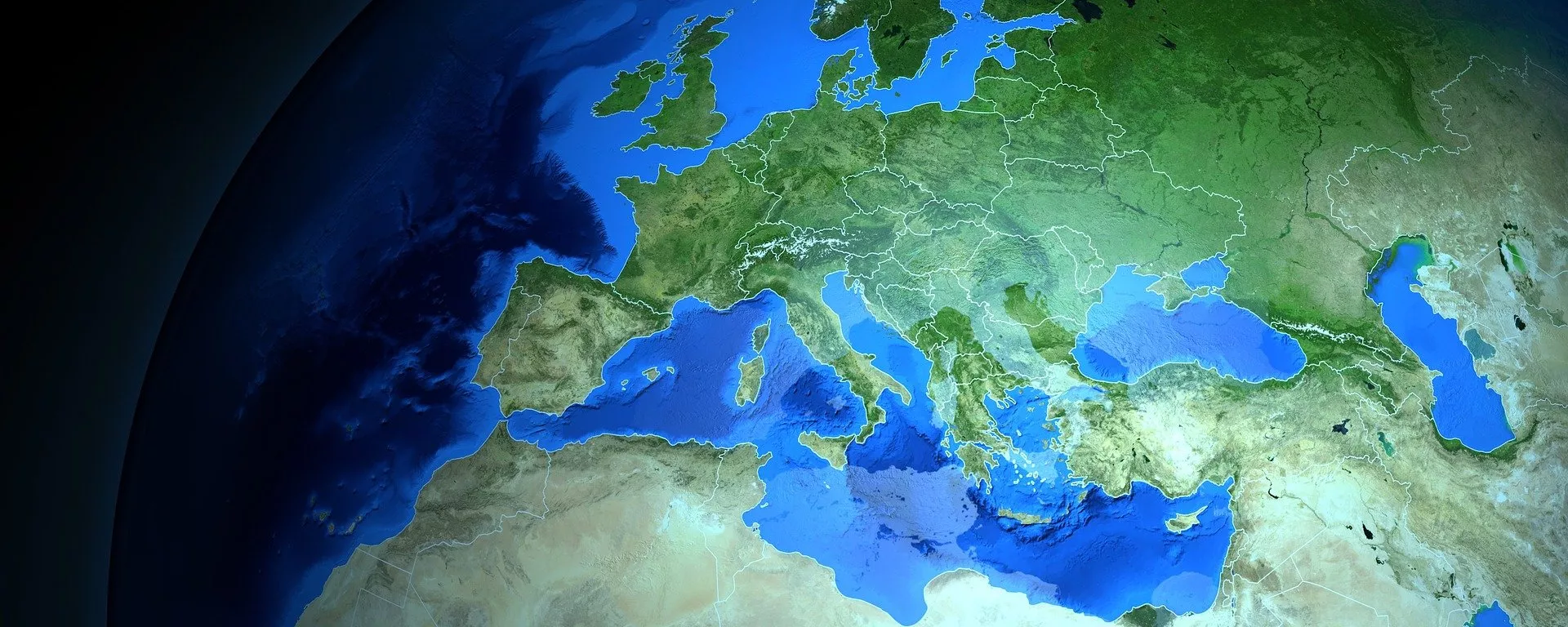
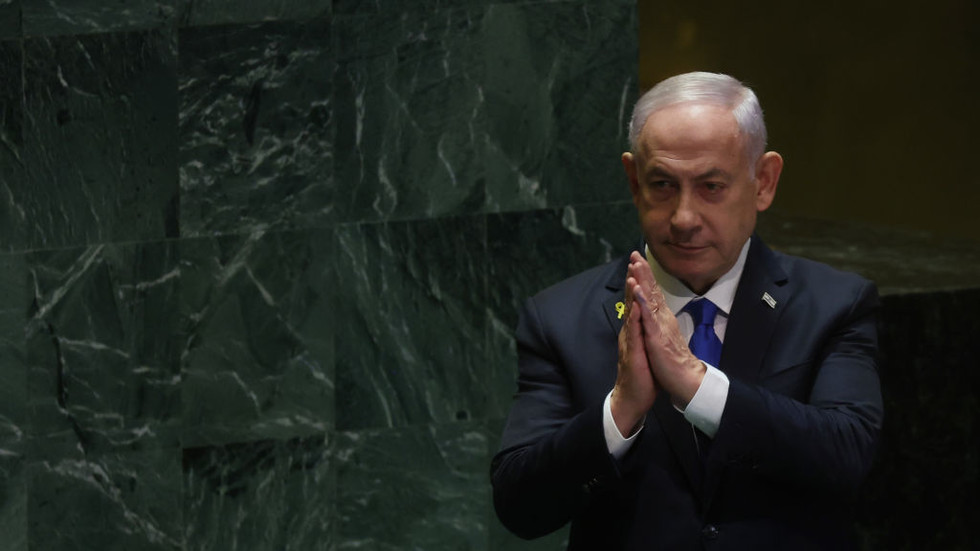
 We deliver critical software at unparalleled value and speed to help your business thrive
We deliver critical software at unparalleled value and speed to help your business thrive






 English (US) ·
English (US) ·